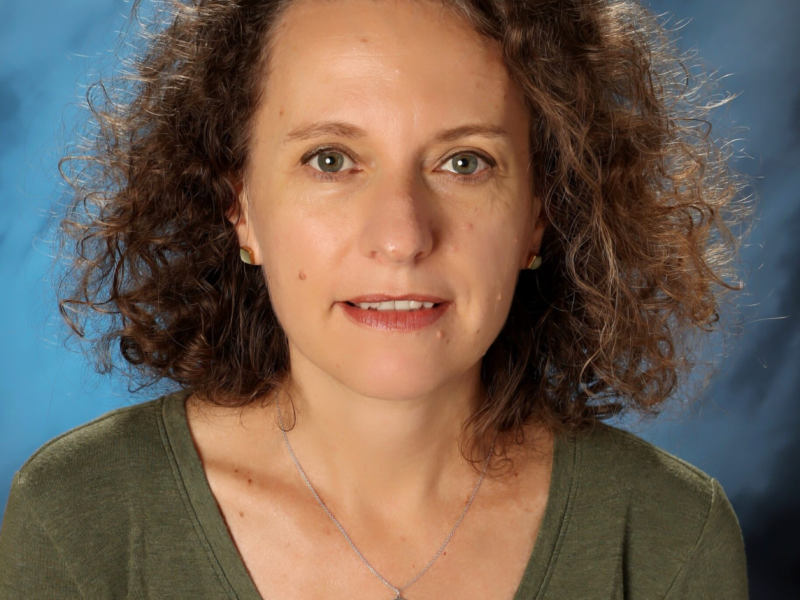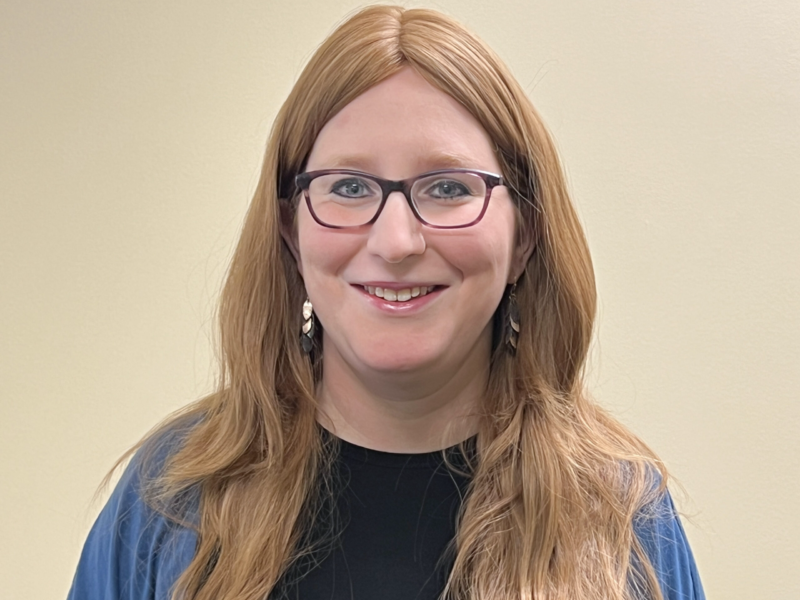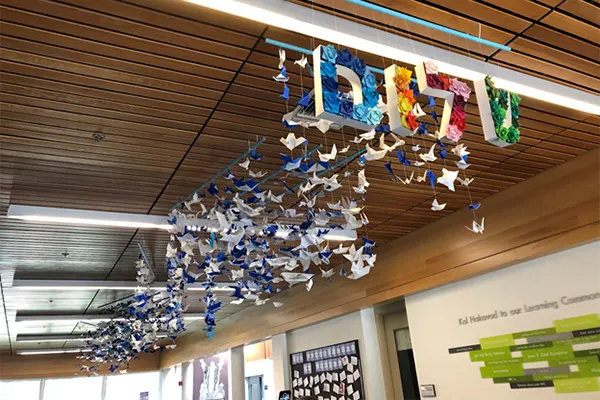Historically, families with a child with special needs have often felt isolated. After the trips to doctors, finding specialists and seeking support from close family members, there is a feeling of isolation within the community. Or so it was until about 20 years ago.
No longer hidden in institutions or kept at home, our children with special needs were finally allowed to participate in school, in community and in religious education. In 1990 it became law, under the Americans with Disabilities Act, signed by President George H. W. Bush. The ADA, as it is commonly known, became a basic civil right “to prevent discrimination and enable individuals with disabilities to participate fully in all aspects of society.” On Jan. 1, 2009, it was amended to accommodate those areas that were left to (mis)interpretation in the original law.
How has that affected life for all of us in the Portland area, and particularly for those who may have a disability? Many of us don’t even notice some of the changes, but for those impacted by limitations imposed on people with disabilities prior to 1990, the impact has been huge.
In February 1998, Jewish Family and Child Service responded to the request from community members to develop a program that would provide information, religious education and support to families with young children with disabilities. That became TASK, known then as “Treasuring and Accepting our Special Kids.” Through TASK, community workshops helped the Jewish community to better serve children with special needs. When JFCS hired me as its inclusion specialist, I facilitated TASK parent groups to allow parents to network and discuss issues unique to parents of children with special needs – including learning disabilities, intellectual disabilities, hearing and vision impairment, and physical and mental health issues. The TASK parent group was never defined by what diagnosed (or undiagnosed) disability the children might have had, but served to support families who might not have known of resources, educational opportunities or basic changes in the law that would allow their kids to progress successfully in the Jewish community.
As word spread that children with special needs and their parents were being served by JFCS and were enjoying more inclusive opportunities within the Jewish community, TASK was approached by parents of teenagers who were worried about the next steps in the lives of their children – particularly about what those children would do once school ended for them. TASK responded by holding a conference entitled “High School and Beyond for Children with Special Needs.” We hoped to have 50 attend the conference; nearly 150 parents, grandparents, people with disabilities, educators and synagogue representatives attended. This was a remarkable showing of community interest in the area of Judaism and disabilities. And it brought even more awareness from the community in the years ahead, as more individuals learned of Jewish adults with disabilities who were not participating in synagogue or Jewish community life.
TASK went back to the drawing board in an effort to change our mission to serve not just children, but adults with special needs as well. This led to a name change. The acronym remained TASK, but now stood for “Treasuring, Accepting and Supporting Kehillah” (community).
Parents of adults with disabilities and those adults themselves contacted TASK. The primary concern was the isolation that young adults felt once they finished high school. Unlike their siblings and neighbors, these young adults were not leaving for college. They were not finding jobs. Sadly, they were not enjoying social or recreational time with Jewish peers. So TASK developed the Tikvah (Our Hope) program, named by one of our young adults who was excited about forming a social-recreational group. Tikvah now serves more than 25 individuals aged 17 to 55 who meet several times each month for dinner, movies, bowling, theater, services at local synagogues, video game nights and every other typical activity that other adults enjoy. Sometimes group members arrange their own get-togethers though most activities are organized events. Often Tikvah members bring along a family member or friend. Tikvah plans their own events, and as inclusion specialist, I coordinate and schedule them. Tikvah has even celebrated a marriage between two members, who remain involved in the activities. Tikvah members are not just meeting among themselves, they are participating in community events, at synagogues and with other groups such as Moishe House. Most community members may not realize this is a social group for adults with special needs, since not all of the disabilities are visible to others.
TASK has provided parent information evenings on topics such as parenting, behavioral issues, school planning and individual education plans (IEPs). Community professionals have led programs for older adults with disabilities on topics such as applying for Social Security benefits as well as special needs trusts, guardianship and conservatorship for people with special needs.
About eight years ago, JFCS co-founded the Interfaith Disabilities Network of Oregon, which brings together representatives of various religious organizations to collaborate on ways to be more inclusive of people with disabilities. Through their conferences, resource fairs and workshops, IDNO has helped the Jewish and general communities to “welcome, celebrate and include people with disabilities.”
In the early 2000s, TASK met with parents on a monthly basis to discuss how to help their young adults live independently. The single most compelling issue was how to create a safe, supportive environment to allow adult children with special needs to live as independently as possible. At each meeting, parents, and later the young adults themselves, articulated what such an environment would look like. And now, some 12 years later, JFCS and Cedar Sinai Park have addressed that need. Cedar Sinai Park is providing the land, has successfully completed the HUD application and will break ground this fall on Kehillah Housing, an apartment complex for adults with developmental disabilities. JFCS, with both its TASK and Partners for Independence Program (the provider agency working with local brokerages to assist adults with developmental disabilities) will be involved with the residents of Kehillah Housing. This apartment building and the services will allow adults with developmental disabilities to enjoy the independence and support they deserve.
As our young people have aged into adulthood, they are facing the same issues everyone else in the community faces, such as employment; living independently of their families; and enjoying community, religious and social lives that are based on their abilities, not their disabilities. Adults with disabilities are generally unemployed or underemployed, yet their work attendance is always at the highest levels. As our economy improves, we are hopeful opportunities for employment of people with disabilities will increases.
Over the years, TASK has provided many presentations to religious schools, synagogues and legislative committees on issues related to disabilities. The focus is always on inclusion and how to provide wide-ranging involvement of people with disabilities. Often it’s not just about building a ramp to accommodate someone with physical disabilities, it is about welcoming and including people with disabilities on synagogue and community boards, as volunteers and in everyday life in the Jewish community.
Those individuals with disabilities are now seen and involved in the community. And where they are not, we should all actively work to bring them to us and our organizations. As our community has realized in the last 25 years, those with disabilities may have some challenges in areas that the rest of us take for granted, but they have abilities that can, and should, be used to benefit us all.
Corinne Spiegel has been the inclusion specialist at Jewish Family and Child Service in Portland since 1998. She has a BA (English) and MS (Spec Educ) from Portland State University. She lives in Lake Oswego with husband, Larry, and is the mother of four (now adult) children, including one with special needs.





